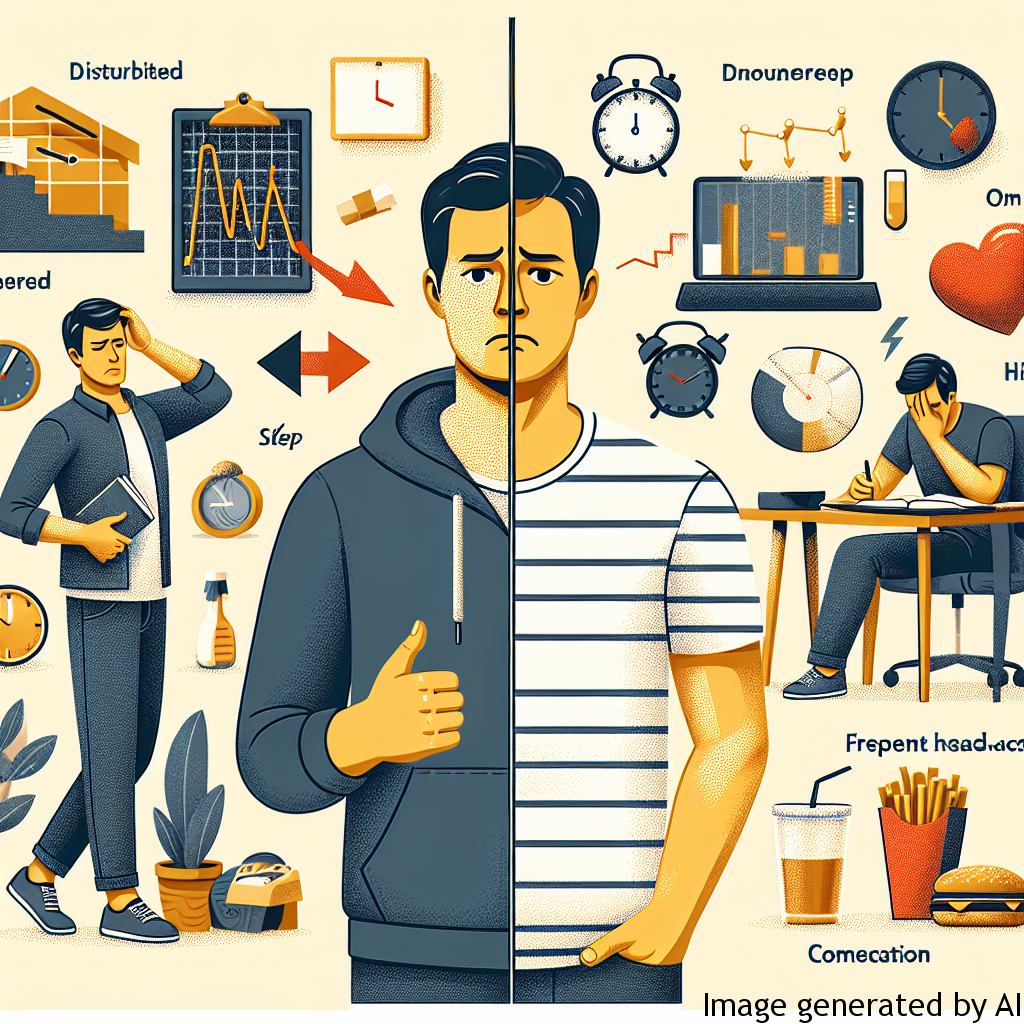Introduction
The mental health of men has often been overlooked in recent times, largely due to traditional gender roles and societal norms. Males are often expected to display strength, independence, and stoicism, leading to numerous unvoiced concerns about their mental health. Chronic stress, in particular, has a significant impact on men’s health. Yet, its depth and repercussions are seldom discussed.
Description of Gender Expectations and Their Impact on Men’s Psychological health
Defining Gender Expectations
Gender expectations, also known as gender roles, typify societal norms defining masculine and feminine behaviors. Men are typically expected to be the pillars of strength, unflappable in the face of challenge or adversity. Sharing or expressing emotional distress goes against these societal norms and can be seen as a sign of weakness.
Impact on Psychological Health
This incessant pressure to fit the ideal form of masculinity often leads to chronic stress amongst men. Chronic stress is the response to emotional pressure over prolonged periods where an individual sees no control or escape. The constant suppression of emotion, coupled with the expectation to conquer life demands heroically, often results in chronic stress that impacts their mental health. It may lead to anxiety, depression, substance abuse, and in some cases, even suicidal tendencies.
Examples of How Gender Roles Can Influence Men’s Lives
Rigid gender roles can have intense impacts on men’s lives. For instances, many men feel compelled to become the primary breadwinners for their families, leading them to undertake jobs they despise, work long hours, or take on multiple jobs to fulfill this established role. They also frequently neglect their healthcare and delay routine medical checkups, negatively impacting their overall health. Self-expression and open communication about their struggles, feelings, or stresses are often suppressed, intensifying their overall stress levels.
Tips to Improve Psychological health Considering Gender Roles
To tackle this situation, it is crucial to create a safe, non-judgmental space for men to express their emotions freely. Encouraging men to break free from the stereotype of stoicism and engage in sharing feelings can help to alleviate stress significantly. Establishing robust support systems through friends, family, or support groups is also beneficial. Men should also be encouraged to seek professional help when under chronic stress. Exercise, proper nutrition, and adequate sleep are fundamental components in managing and reducing stress levels.
Conclusion
Chronic stress has a profound impact on men’s mental health, largely intensified by the shackles of traditional gender roles. It’s crucial for society to acknowledge this dynamic and work towards altering these age-old perceptions. Facilitating emotional expression, dismantling harmful gender norms, and encouraging professional mental help will considerably mitigate the impact of chronic stress on men. It’s time to push the conversation forward and illuminate this overlooked area of men’s mental health.

